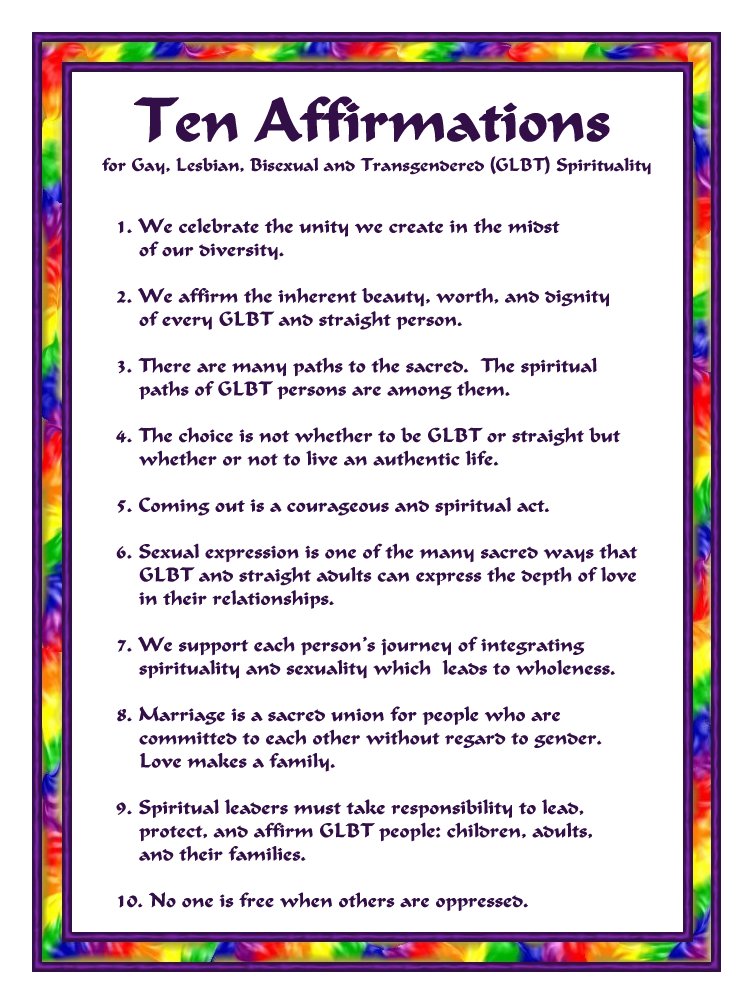
Affirmation is a self talk usually focused on emphasizing a fact or goal, in order to make it a part of action. Affirmation is more like cramming but it's been repeated as scheduled to motivate self into action.
Affirmation is important where procractination, inconsistency or weak persistency are presesnt.
As important as affirmation sounds, its effectiveness and ineffectiveness are measured through the method used in writing it. Affirmations have helped me turn lots of my dreams into reality.
Am going to state out clearly the most effective methods you can come up with affirmations that can change your life.
P.S: You can re-write or correct affirmations whenever you feel like. Never rush, just let your desire do the decision.

1. Empty your mind.
Find a quiet setting where you can focus alone. For me, my room is okay. But it's usually more conducive late night and early morning. The aim is to empty your mind of everything except thoughts that can improve your person, dreams and ambitions.
2. Decide specifically what you want.
Let your desire be a driving force to your dreams and decisions. Who do you desire to be called in the after 5 months? How do you want to feel next year, january? Never let esteem or situations to distract the choice you're going to make now. You would like to be the best in each area you decide.
Here are lists of categorized ideas to help you start:
Situations: marriage, better grade, health, car, job friends, house, etc.
Attitude building: compassion, responsive, increasing reliability, positive-thinking, self-esteem, being responsible, etc.
Specific habit change: procrastination, making excuses, perfectionism, complaining, overindulging, forgetting names, smoking, alcoholism, intemperence etc.
Motivational: trust, purpose, belief, desire, energy, etc.
3. Visualizing your ideal self in an ideal situation.
Just like a simple imagination, picture the better you. Visualize yourself in that situation, doing what you suppose to be doing up there, and interacting with the people you want to meet.
For example, you can imagine yourself shaking hands with prospective business partners; hugging a wife/husband and making plans for the future of your children; or doing exploits as a great minister, etc.
4. Time to write things down.
Take the specific goal you desire to pursue and write it on top of a sheet of paper or note pad.
5. Start "brainstorming"
Start writing anything that comes on your mind about your goal right underneath the heading. This is your affirmation, which could be corrected anytime. Always use a pronoun in order to make your affirmation personal. Here are some start ups:
"My..."
"I am..."
"(name)..."
6. Completing the templete.
Use a verb to complete the templete, making your affirmation in the present tense. Look below:
"I(present tense verb)to..."
7. Effective emotion
One of the secrets of writing an effective affirmation by making it so emotional. You can use the partern below:
"I feel so (emotion)..."
I am (emotional) about..."
For example "I feel so IN LOVE..." and I am SENSUAL about..."
8. Fill everything.
Fill the following blanks to see whether what you get is what you desire as your affirmation.
“(personal) (present) (emotion) and (your ideal results).”
9. Recitation.
Speak your affirmation twice a day; first thing in the morning after you wake up and the last thing before you go to bed. So you need to place it around your bedroom, where it shall be glanced at an ideal time.
10. Adjustment.
Affirmations always need adjustment. As you recite it daily, making the physical effort to reach your goal, you are going to find out specifically what you really need. So you can tweak the affirmation to that specific desire. Remember, the more specific you are, the more definite it becomes.
Picture, Example of a complete affirmation:

Important: always settle for positive affirmation. Do not use negative words, even in a good way. Instead of using "I hope" or "I'll try", use "I can" or "I will".
Always make it personal, short and sweet. And don't just recite it, visualize it. That's why it's important to use present tense.